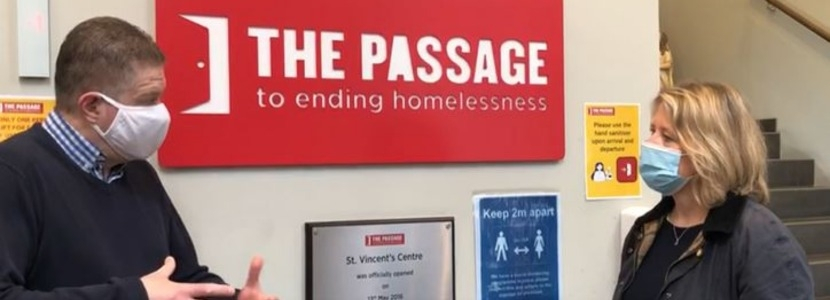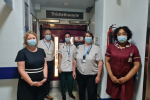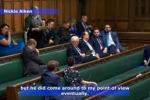
- Nickie Aiken, Member of Parliament for the Cities of London and Westminster, welcomes the Government’s Rough Sleeping Strategy to drive forward the manifesto commitment to end rough sleeping for good.
- The Strategy will see 14,000 beds and 3,000 support staff this year and will help individuals find work and access mental health services.
- Extra 2,400 long-term supported homes will be created for those with the most complex needs.
- To break the cycle of addiction and rough sleeping, drug and alcohol treatment services will be expanded.
Nickie Aiken, Member of Parliament for the Cities of London and Westminster, has welcomed the Government’s Rough Sleeping Strategy to support the most vulnerable in our society. The latest announcement builds on the significant action so far which has driven a 43% drop in rough sleeping since 2019 and brought rough sleeping to an 8-year low. As a result, England now has one of the lowest rough sleeping rates in the world.
For more than 10 years, Nickie has worked to secure more services, resources, and powers to end rough sleeping. She was proud to lead the campaign, working with leading homelessness charities Crisis, St Mungo’s and The Passage, to repeal the 1824 Vagrancy Act and end the criminalisation of rough sleepers. Nickie is also proud of the formerly Conservative-led Westminster City Council’s record to end rough sleeping with news released in January 2022 revealing the number of people sleeping rough in Westminster was at its lowest level for three years. During her time as Leader of Westminster City Council, Nickie also spearheaded the largest council homes building programme for a generation which is now coming to fruition with over 2,000 new affordable and social homes soon to be available.
Already, the Government has put forward up to £500 million over three years for the Rough Sleeping Initiative, which this year will help provide 14,000 beds for rough sleepers and 3,000 staff to provide tailored support across England. This includes helping individuals find work, manage their finances and access mental and physical health services.
An extra 2,400 long-term supported homes for those with the most complex needs, including young people, will also be provided, through our new £200 million Single Homelessness Accommodation Programme. This is on top of 3,200 homes that have already been delivered.
To break the cycle of addiction and rough sleeping, the government is also expanding its Rough Sleeping Drug and Alcohol Treatment Grant programme to an additional 20 areas in England, bringing the total to 83. The scheme provides funding for substance misuse treatment services for people sleeping rough or at risk of sleeping rough.
The government has a manifesto commitment to end rough sleeping in this parliament. This means rough sleeping is prevented wherever possible and, where it cannot be prevented, it is a rare, brief and non-recurring experience.
If you support Nickie’s work to support the most vulnerable in our society, show your support and add your name to her campaign here.





